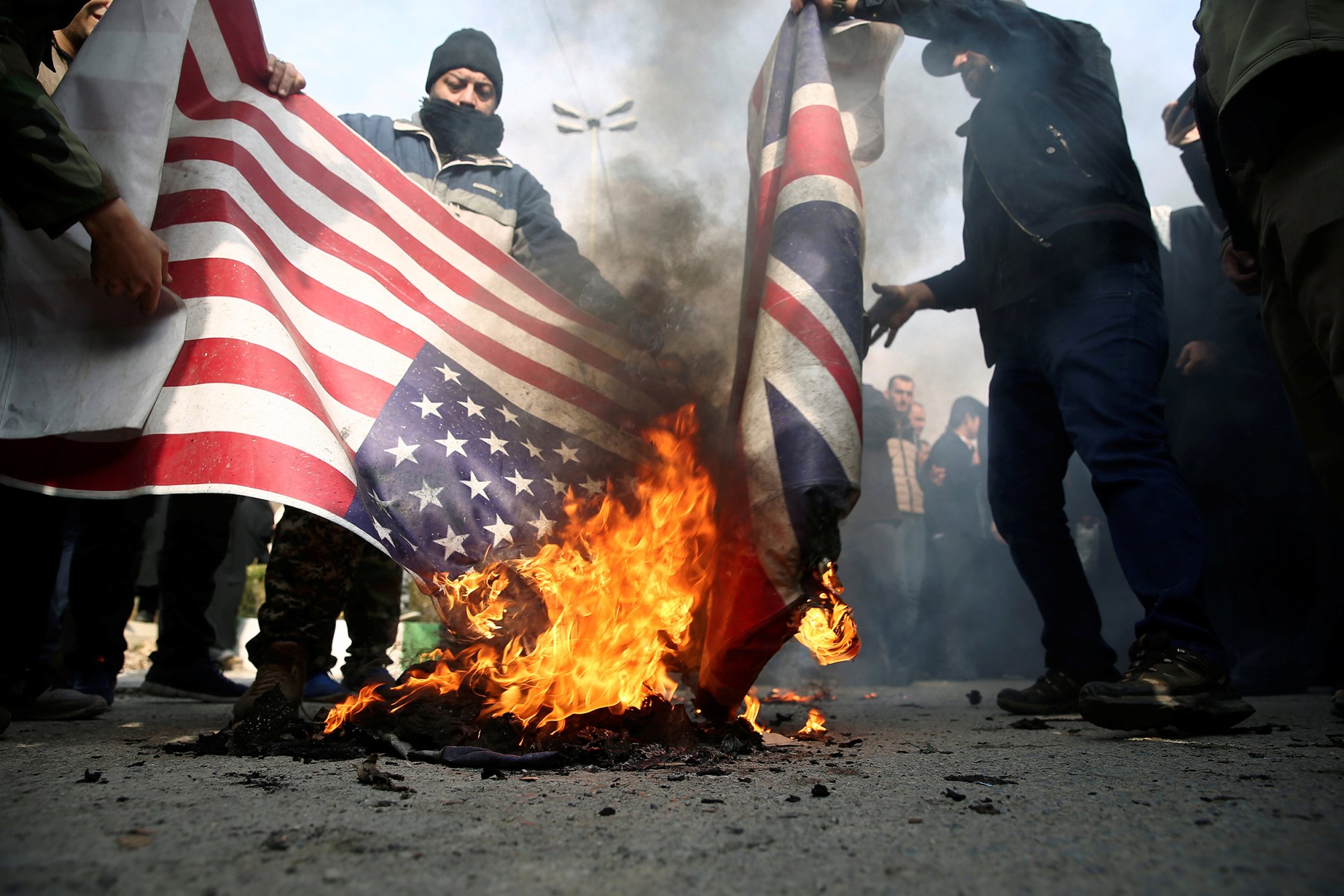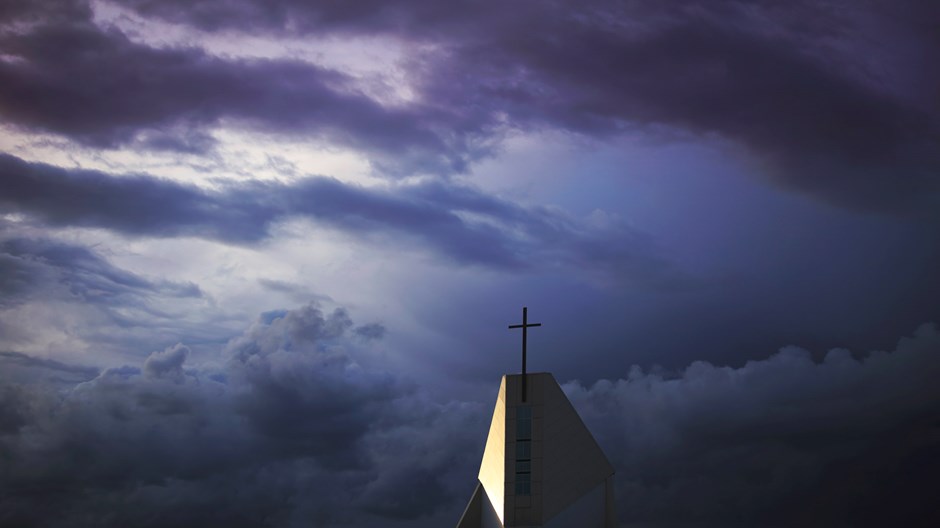Over the years this blog has looked at how Virginia's marijuana laws have been disproportionately enforced against blacks, especially young black males, as a means to strike blacks from the voter rolls and to condemn minorities to a bleak economic existence as a result of having criminal records. The City of Norfolk has been a prime offender in its use of marijuana laws to criminalize blacks. Now, with Democrat control of Virginia's General Assembly for the first time in a generation, Virginia may at last be poised to end this pernicious use of marijuana laws. Indeed, as the Virginian Pilot is reporting, Governor Ralph Northam has come out in support of decriminalization of possession for personal use. I would add that legislation is also needed that would restore felons' voting rights once their sentence is served - something the Virginia GOP will strenuously oppose for obvious reasons. Here are story highlights (note the Republican comment that in reality shows the Virginia GOP's desire to keep minorities from voting):
Virginians shouldn’t risk jail for having small amounts of marijuana in their pockets, or go through life with a felony record that keeps them out of many jobs for stealing a cellphone, Gov. Ralph Northam says.He’s proposing a series of criminal law reforms he says will temper the state’s tough penalties for violating the laws with a little bit of mercy and fairness.
“Our aim is to make our criminal justice more equitable and more compassionate,” Northam told advocates for reform Friday, speaking at the Richmond offices of an agency that helps offenders get back on their feet after leaving prison.
He’s proposing legislation to raise the trigger that turns a theft into a felony from $500 to $1,000. The General Assembly raised that threshold from $200 in 2018, but only eight other states set their thresholds as low, while three more have lower triggers.
Northam also proposed decriminalizing possession of small amounts of marijuana, making it subject to a fine of $50. Currently, a first offense is a criminal misdemeanor that can land someone in jail for 30 days.
Northam said that’s an excessive penalty, adding that he’s concerned about racial disparities in arrests for marijuana possession. He said it could be a first step toward legalizing marijuana, which he said he needs to think through if the General Assembly decides to go that way.
He also wants to give the board authority to release inmates sentenced between 1995, when Virginia’s truth in sentencing law abolished parole, and 2000, when a court decision said juries had to be informed of that change before they recommended sentences. Not knowing that parole was not an option meant many juries imposed sentences on the belief that offenders would only serve a fraction of the time, he said.
Northam also wants the legislature to write into law a budget amendment passed last year that ends the automatic suspension of drivers’ licenses when people are behind with paying court costs and fines. Because the policy is in the budget, it could be dropped whenever a new budget is before the General Assembly, while writing the policy into law would put it on firmer footing.
Northam said suspending a license keeps people from working, so that they can’t pay their fines.
Secretary of Public Safety Brian Moran said people still have to pay their fines and court costs, and added that the state has several other ways to make sure they do so.
House of Delegates Minority Leader Todd Gilbert, R-Shenandoah, a longtime [and now former] chairman of the Criminal Justice subcommittee, said the General Assembly needs to proceed cautiously.



















